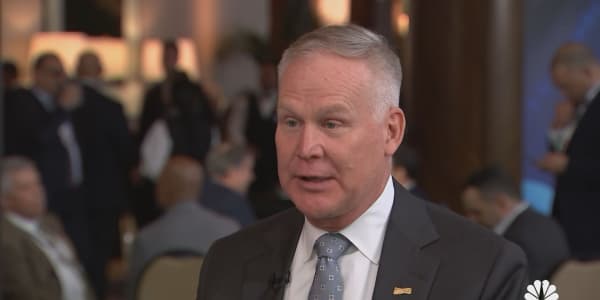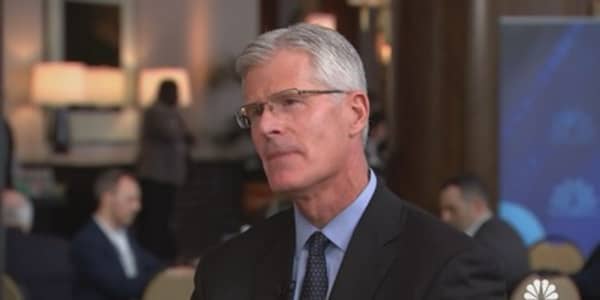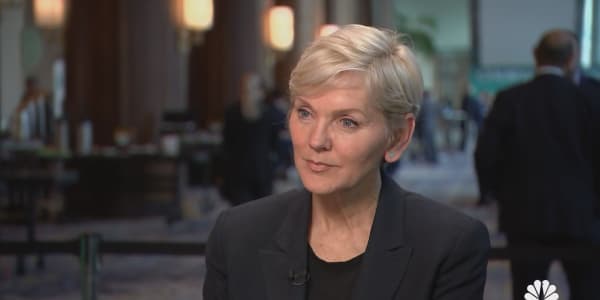President Donald Trump trumpets the promise of clean coal, but his war on regulations and elements within his administration could make it difficult to bring carbon-free coal into reality.
Trump is expected to sign executive orders to undermine Obama-era rules aimed at reining in climate change — rules that create incentives to invest in clean-coal projects. These projects also require substantial government support from an administration whose 2018 spending plan reportedly includes deep cuts to agency budgets.
The fate of clean coal may come down to which wing of the Trump administration prevails — the side willing to invest in rewarding coal country or the side intent on shrinking bureaucracy through underfunding, according to David Victor, co-director of the Laboratory on International Law and Regulation at UC San Diego.
"That's going to be the key battle," he said.
The problem with clean coal
The clearest path to clean coal is carbon capture, utilization and sequestration, or CCUS. It's the process of removing carbon from smokestacks and either selling the carbon for use in industrial processes or storing it deep below the Earth's surface.
Among the many challenges of bringing CCUS to market on a meaningful scale, one problem outweighs all others: CCUS is really expensive. In addition to the huge upfront costs of installing CCUS equipment, scrubbing carbon from smokestacks siphons power from coal-fired plants.
That's what good government does. It seizes opportunity. It invests in it, and it creates a cooperative spirit between industry and government to solve problems.Charles McConnellRice University Energy and Environment Initiative director
While the science and engineering behind CCUS is not easy, the business model is the real problem. It involves many different interconnected market forces, and if an important component breaks down, the project economics can break down.
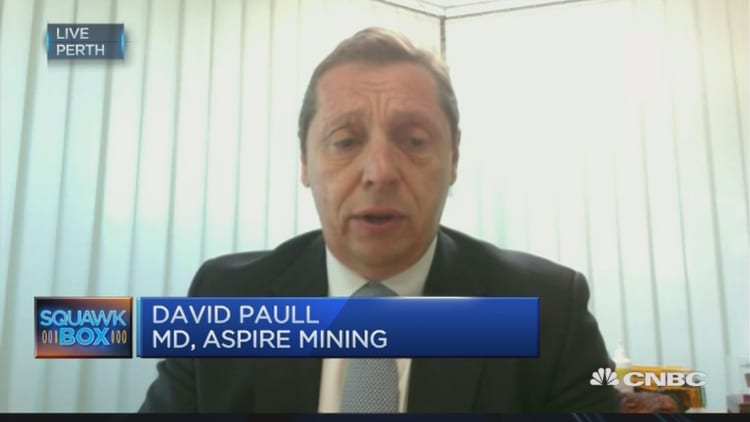
One example, according to Victor: A change in market conditions causes a drop in demand for carbon, leaving coal-fired power plants with a smaller market for its captured CO2.
For that reason, there are very few large-scale commercial CCUS projects operating at power plants today. The task of proving CCUS makes economic sense and will require significant government support.
"Somebody needs ultimately to offer to hold the bag if the project doesn't work as expected, and right now you don't have very many folks lining up to hold the bag," Victor said.
Government's role
That means funding large-scale projects through the Department of Energy and guaranteeing loans for private CCUS deployments, according to experts.
Charles McConnell, former assistant secretary for fossil fuels at the Energy Department, said the Obama administration in which he served made commitments to develop CCUS technology, but after the first four years, it became clear renewable sources were a greater priority.
The United States needs to have the confidence that the technology can work and that investment will lead to better project economics down the line, according to McConnell.
"That's what good government does. It seizes opportunity. It invests in it and it creates a cooperative spirit between industry and government to solve problems," he said.
McConnell, now the director of Rice University's Energy and Environment Initiative, is a strident advocate for the utilization aspect of CCUS. He believes selling carbon to drillers — who use it to squeeze oil from aging wells — creates a market-based solution that is bipartisan.
It appeals to Republicans who cherish energy security and economic growth, as well as Democrats and environmentalists eager to rein in carbon emissions.
Stumbling blocks for CCUS
This model is not a silver bullet. For one, the amount of carbon the United States emits dwarfs the current market for carbon used for enhanced oil recovery, according to Howard Herzog, a research engineer at the MIT Energy Initiative who studies CCUS technologies.
However, conservatives and moderate environmentalists alike see this is an important stepping stone to clean coal, he said.
One key component is 45Q tax credits for using and storing captured carbon, Herzog notes. The program currently offers $10 per ton of captured carbon used for enhanced oil recovery and $20 per ton for stored carbon.
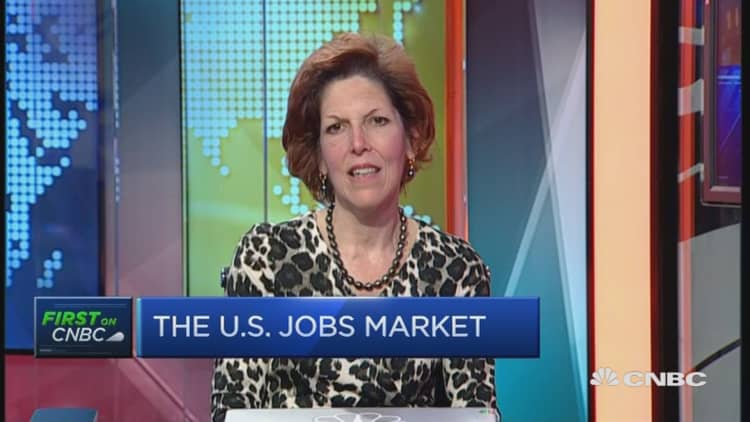
Legislation introduced in the House and Senate last year would have extended the program, increased the credit amounts and lifted a cap on the program, which currently tops out at 75 million tons, half of which had been claimed by 2014.
The program had "for practical purposes, already expired because the lack of financial certainty regarding future availability of the credits deters private investment in new commercial CO2 capture projects," a group of environmentalists and energy companies said in a letter to the House Ways and Means Committee last year.
Herzog said states where drillers use enhanced oil recovery would likely develop CCUS projects if higher credits were available on top of the the Clean Power Plan, an Obama-era rule that would regulate carbon emissions from power plants.
The Supreme Court stayed implementation while a lower court considers a legal challenge to the rule. President Trump is expected to sign an executive order that would revise or repeal the pillar of President Barack Obama's climate policy.
"With the Clean Power Plan up in the air, that additional driver may not be valid anymore," Herzog said.
The battle in the Trump administration
Rice University's McConnell sees another asset in the Trump administration: Energy Secretary Rick Perry.
As governor of Texas, Perry established a clean-coal technology council and approved incentives for plants that captured carbon.
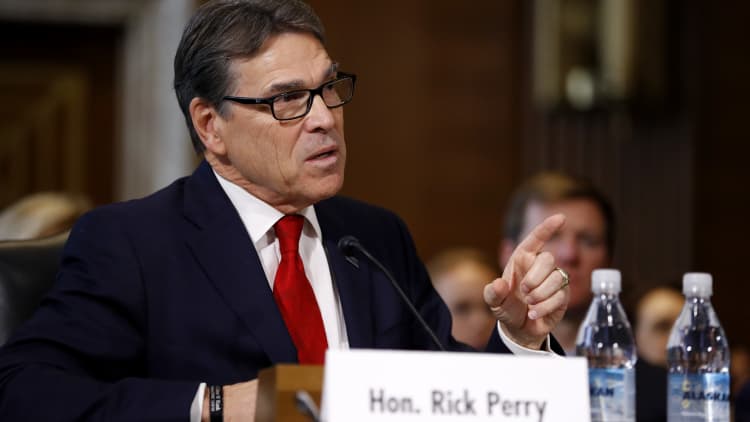
"This is somebody who's now in charge of the Department of Energy who absolutely gets CCUS," McConnell said.
Still, Victor believes it will come down to who wins the budget debate and ongoing funding feuds within the Trump administration. Perry very well could emerge as a vocal advocate for CCUS, but the Office of Management and Budget, led by fiscal hawk Mick Mulvaney, could set back Perry's efforts if it shapes up to be assertive, he said.
Should the hardline wing of Trump's inner circle achieve its "deconstruction of the administrative state," as White House Chief Strategist Stephen Bannon puts it, the programs that CCUS depends on will be the first to go, Victor said.
"It's very hard to see how a lot of [CCUS] gets done in the U.S.," he said. "I think it's a very bleak picture."



